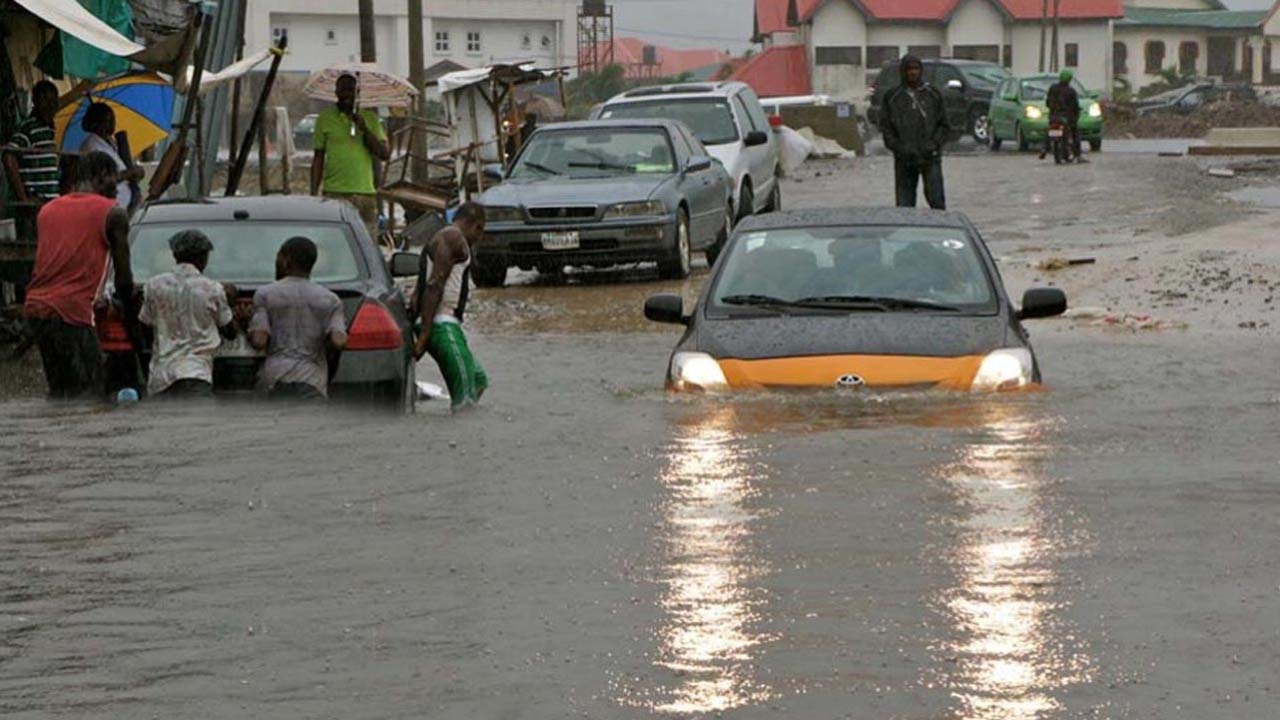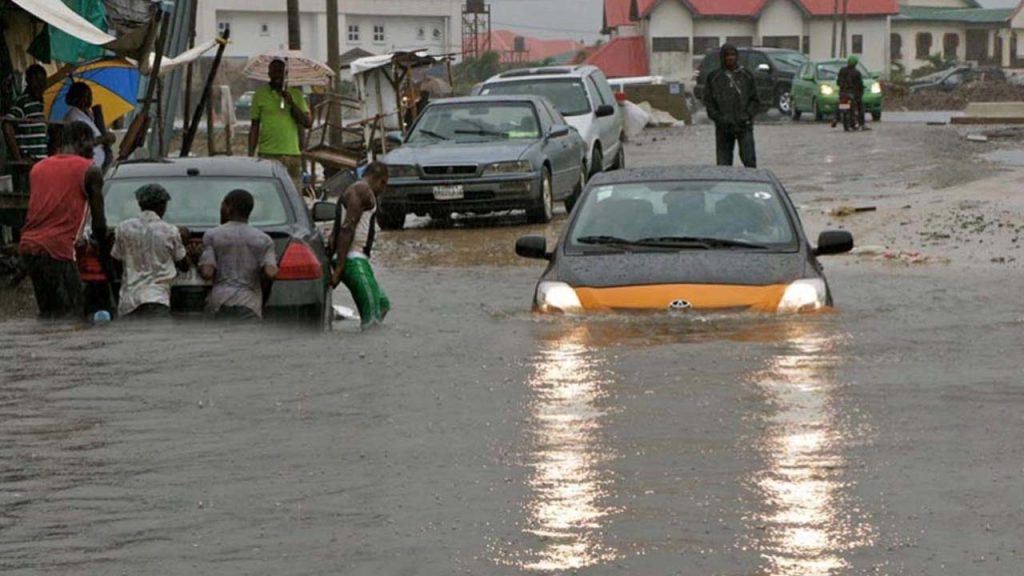Flooding is a grave threat not confined to a particular geography, it is a global crisis that has shown its destructive power in both developed and developing countries.
Recent devastating floods in Western nations such as Germany, Belgium, France, and the Netherlands have exposed vulnerabilities even within some of the world’s most advanced societies.
For Nigeria, observing these events from a distance and failing to draw practical lessons would be a costly mistake with wide-ranging consequences.
The Reality of Floods in Western Countries
Western Europe has faced extraordinary flood events in recent years, with some of the worst floods in a generation occurring in Germany and Belgium in 2021.
Record-breaking rainfall led to rivers overtopping their banks and catastrophic flooding in highly populated and industrialized regions, resulting in hundreds of deaths, thousands displaced, and billions in damages.
Even advanced early-warning systems and infrastructure could not fully prevent losses.
Key facts to note:
-
More than 100 deaths in one major Western European flood event.
-
Destruction of critical infrastructure: homes, bridges, roads, and health services disrupted.
-
Triggered by climate change, these floods are increasing in frequency and severity.
Why Nigeria Cannot Ignore These Events
1. Vulnerability Is Universal
Flood disasters in the West prove that no country is immune, advanced systems and stricter regulations sometimes still fall short in the face of unprecedented weather extremes.
Nigeria, with its rapid urban growth, fragile infrastructure, and limited emergency response resources, is even more vulnerable.
2. Climate Change Knows No Borders
The same climate trends responsible for intense floods in the West, warmer atmospheres holding more moisture, extreme rainfall events, changing river patterns, are affecting Africa.
Scientists confirm that climate change is making such flood events both more likely and more destructive everywhere.
3. Critical Lessons for Preparedness
Western flood crises have exposed valuable lessons:
-
Importance of robust drainage and water management systems.
-
Necessity of timely early-warning, reliable data, and coordinated emergency response.
-
Need for proactive disaster risk reduction laws and enforcement, including flood risk mapping and land use control.
-
Integrated cleanup and recovery strategies for rebuilding both infrastructure and community resilience.
Nigeria’s experience features persistent problems: poor drainage, unregulated urban expansion, weak waste management, and lackluster disaster education.
Rather than seeing floods as fate, Western cases show that better planning and investment can save lives and resources.
4. Institutional Improvement
Countries like the Netherlands and Germany have centralized, empowered institutions driving research, risk assessment, emergency response, and recovery.
Nigeria’s agencies often lack funding, autonomy, and comprehensive data.
Emulating Western institutional frameworks would help Nigeria shift from reactive responses to proactive preparation.
The Cost of Complacency
Ignoring the stark warnings from Western flood disasters would mean:
-
More frequent catastrophic floods.
-
Greater loss of lives, property, and livelihoods.
-
Stagnant economic growth as major cities face repeated disruptions.
-
Public health crises due to displacement, injuries, and waterborne diseases.
Conclusion: Urgent Need for Action
The devastating floods across Western countries are cautionary tales, not distant news. They highlight the need for every nation—including Nigeria—to:
-
Prioritize investment in climate-resilient infrastructure.
-
Upgrade early-warning and disaster management systems.
-
Enforce building codes, zoning laws, and environmental regulations.
-
Foster a culture of preparedness at individual, community, and government levels.
Nigeria cannot afford to take the cases of floods in the West for granted.
Instead, these sobering events must inspire urgent reforms, strategic investment, and collective responsibility to protect people, properties, and the nation’s future.











